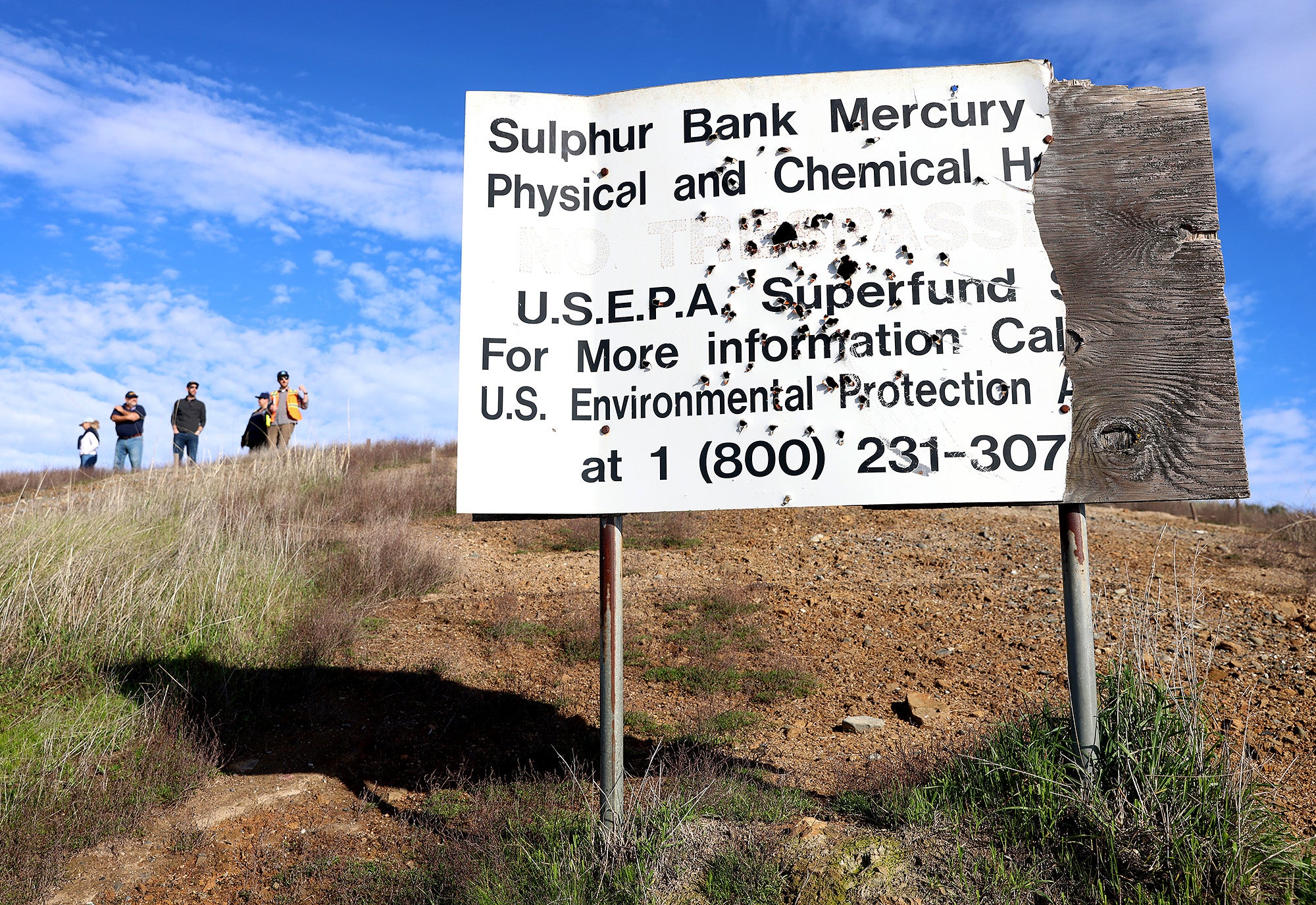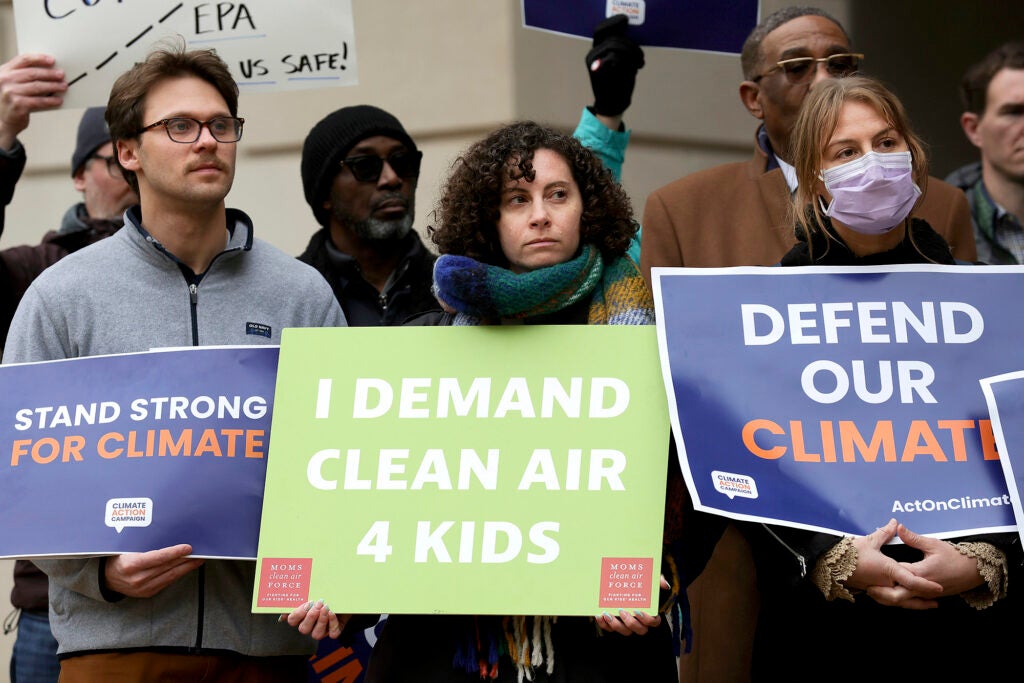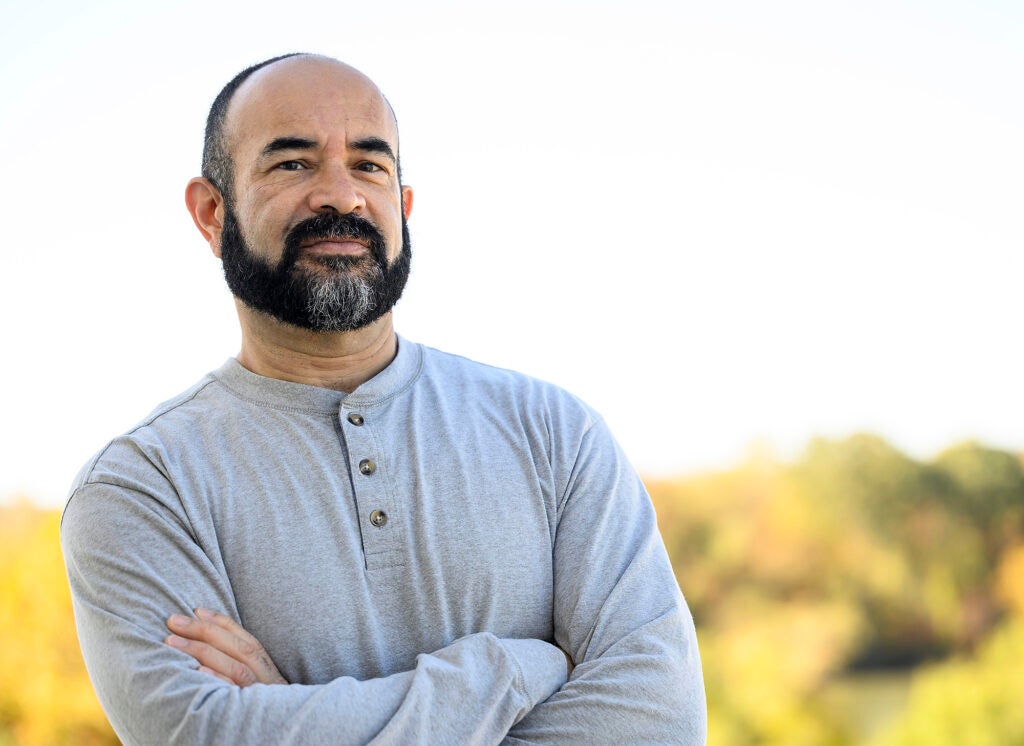He Worked to Clean up Superfund Sites. The Trump Administration Fired Him.
Thousands of firings across the EPA and other federal agencies put our environment and public health at risk.

Until a few weeks ago, Zubin Kapadia, an attorney-advisor for the Environmental Protection Agency (EPA), was fulfilling his life’s passion in his dream job. Kapadia helped oversee the cleanup of Superfund sites, which are some of the most polluted sites in the country.
“The job itself was amazing. It was an absolute dream come true. Day in and day out I was able to serve my country,” he says. “I was so proud to be a federal employee doing work that aligned well with my morals, ethics, and value system.”
But at 4:30 p.m. on Valentine’s Day, Kapadia received a generic email informing him that his job was being terminated because he was a probationary employee who had not met the requirements of his position.
Kapadia was one of thousands of federal workers who lost their jobs that week. The Trump administration ordered agencies to lay off nearly all probationary employees, meaning staff who had been in their roles for 1-3 years, depending on how each agency defines it. According to government records, 220,000 employees fit that description.
Since then, a federal judge has ruled that these firings broke the law. The agency that directed the firings, the Office of Personnel Management, did not have the authority to fire employees in other agencies. But the ruling stops short of reinstating fired workers like Kapadia.
“I have felt absolutely gutted and upset that all of a sudden I had a job that meant the world to me to now not having anything,” Kapadia says.

People protest frozen funding of the EPA outside of the agency’s headquarters in Washington D.C. on Feb. 6, 2025. (Photo by Bryan Dozier/NurPhoto via AP)
The EPA, Kapadia’s former employer, is the main federal body ensuring that our drinking water is safe and that our air is clean enough to breathe. Among many other responsibilities, it administers the Superfund program, which cleans up toxic waste sites and holds polluters accountable for the costs of the cleanup. This is the work Kapadia was doing when he was fired.
Kapadia says he was misclassified as a probationary employee. Furthermore, he said he received excellent performance reviews and learned just days before the firing that he was to receive a promotion.
His emotions have ranged from sadness to anger, to frustration, humiliation, and grief. He feels like he’s grieving the loss of someone he loved. He liked his coworkers so much that he made friendship bracelets for the class of colleagues he was hired with.
The dismissal of probationary employees was just the start of the administration’s goal of gutting public health and environmental protections. White House officials have spoken of plans to cut 65% of the EPA’s budget. They are also targeting a slew of other agencies that oversee the environment.
Russell Vought, the White House budget director who has pushed for sweeping layoffs of agency employees, has stated that he wants these civil servants to be “traumatically affected.” In a speech in 2023, he said, “When they wake up in the morning, we want them to not want to go to work because they are increasingly viewed as the villains. We want their funding to be shut down so that the EPA can’t do all of the rules against our energy industry because they have no bandwidth financially to do so.”
These attacks have real consequences. Patrice Simms, the vice president of litigation for Healthy Communities at Earthjustice, worked previously to defend the nation’s environmental laws at the U.S. Department of Justice’s Environment and Natural Resources Division. He says the administration’s actions to undercut the EPA’s effectiveness will harm everyone.

Patrice Simms, the vice president of litigation for Healthy Communities at Earthjustice. (Matt Roth for Earthjustice)
“The primary resource that the EPA relies on that avoids so many illnesses and saves so many lives are the people who work there and have the expertise to protect the American public,” says Simms. “Scientists, lawyers, economists — these are dedicated public servants who know what they’re doing.”
Without these experts, the EPA cannot effectively protect public health.
“The EPA is doing work that impacts our lives in dozens of different ways every day, ensuring the quality of air we breathe, the water we drink, the playground where our children play, the buildings where our children go to school, and the food we eat are healthy,” Simms says.
A few weeks on from his firing, Kapadia is filing for unemployment and updating his resume. Although he’s looking at other job possibilities, he still can’t shake missing his old job. “I would love to come back to the EPA,” he says.
Originally published on March 7, 2025. Update: On March 16, Kapadia learned the Trump administration order that led to his termination has been rescinded and that he has been placed on administrative leave. This action resulted from litigation and a restraining order imposed by the U.S. District Court for the District of Maryland. While the decision restores Kapadia’s pay and benefits, the order lasts only 14 days while the case is being appealed. Also, it prevents him from doing any environmental work for the EPA.